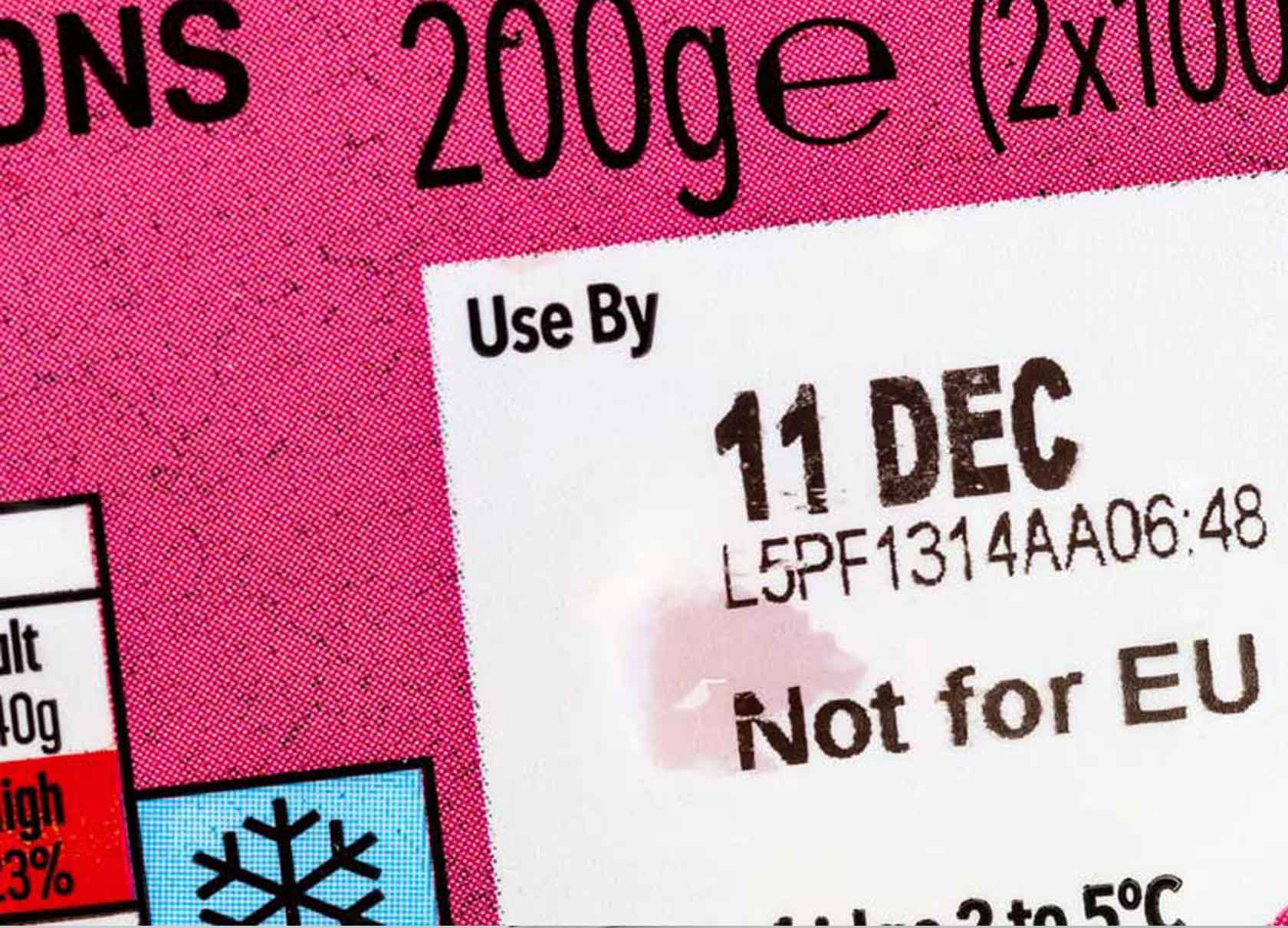
The Windsor Framework introduced in October 2023 was designed to reduce the administrative burden on products moving from Great Britain (GB) to Northern Ireland (NI) for direct sale to consumers. Consequently, these products could move to NI without export health certification and systematic border checks. But to ensure the goods did not then move on into the Republic of Ireland (RoI) and thereby into the EU, all meat, as well as some dairy products moving from GB to NI had to carry a ‘not for EU label’.
We were told that there would be a consultation on the extension of the requirement to all meat and dairy products sold in GB. That consultation has been published and states that ‘The government is legislating to confirm that labelling requirements on agrifood products are applied across GB, to ensure no incentive arises for businesses to avoid placing goods on the NI market’. That doesn’t sound like a consultation to me. It is, in effect, a glorified impact assessment. The decision has been made to impose something not required by the EU under the terms of the Windsor Framework but is purely self-inflicted. And the requirement will come in from October 2024 and be extended from July 2025, like it or not.
There are all sort of damaging and at times ridiculous consequences to this decision.
First, the requirement does not apply to goods of UK origin produced in NI. They do not require a ‘not for EU label’ for any market. Conversely, GB businesses that do not and never will supply the NI market must comply.
Second, a GB business can legitimately choose to ship goods to NI through the ‘red’ channel, complying with all of the certification requirements and checks on the basis that they wish to place the goods on both the Republic of Ireland and NI market, using a label which complies with both RoI/EU and GB requirements. This product would not need to be marked ‘not for EU’ label but, under this legislation, that self-same product will have to have a ‘not for EU’ label purely for the GB market. That is daft.
Third, the rule will not apply to small businesses. The irony here is that the larger companies with significant international and EU trade, the very ones that operate to EU standards, will have to comply.
Apart from the significant and unnecessary cost, all of this will lead to a two-tier market in GB with consumers wondering why some goods have the ‘not-for EU’ label and some do not. They may presume that the former are produced to a lower standard; a ‘not good enough for EU label’.
Finally, to highlight the nonsense of the premise that this requirement is intended to ‘ensure no incentive arises for businesses to avoid placing goods on the Northern Ireland market’, the rule will also apply to products imported into GB from the EU, including Ireland or certain products from the Rest of the World (RoW). Someone needs to explain to me how on earth this prevents ‘an incentive to avoid placing goods on the NI market’? Like GB businesses, EU and RoW businesses can supply the EU and UK market with multilingual labels. Now they will need a label for GB only. Presumably they will recover the costs from GB consumers. Has anyone even considered that this may well prove a disincentive to place goods on the GB market?
Labels serve the purpose of providing information to consumers, for traceability and promoting the quality and features of a product. This requirement does none of these things but is purely to fix a political expedient and avert the unevidenced risk of businesses choosing not to supply the NI market; a very odd thing for free marketeers to do in any event. It must be roundly rejected and scrapped.
We are the UKs largest trade body for the meat industry and provide expert advice on trade issues, bespoke technical advice and access to government policy makers
We are proud to count businesses of all sizes and specialties as members. They range from small, family run abattoirs serving local customers to the largest meat processing companies responsible for supplying some of our best-loved brands to shops and supermarkets.
We are further strengthened by our associate Members who work in industries that support and supply our meat processing companies.
We are the voice of the British meat industry.

17 Clerkenwell Green
Clerkenwell, EC1 0DP
Tel: 020 7329 0776